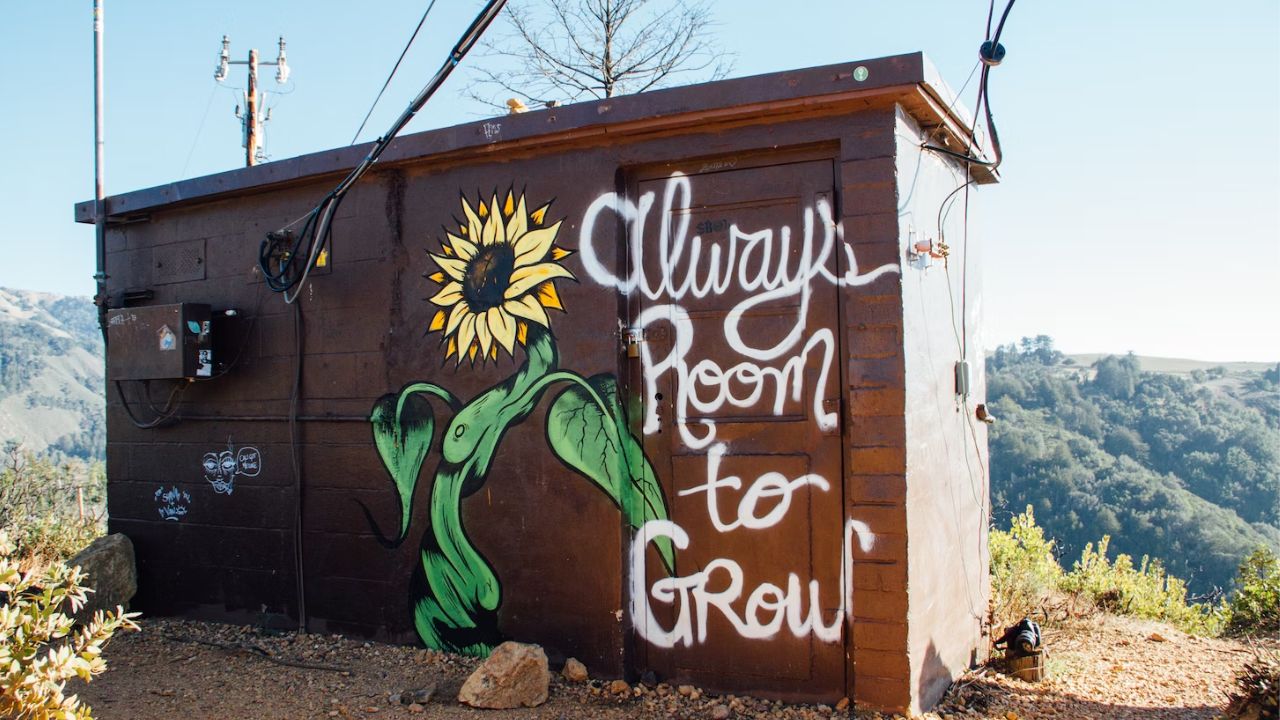The World Startup Convention held in Greater Noida on the outskirts of Delhi earlier this week, has put the spotlight back on India’s burgeoning influencer marketing eco system and the dearth of effective monitoring mechanism for the sector. The convention, heavily promoted by a clutch of popular social media influencers, promised participation of hundreds of startups, venture capitalists and angel investors as well as presence of Softbank’s Masayoshi Son, Google’s Sundar Pichai and industrialist Gautam Adani.
However, those who landed up for the convention where aghast to find a very low-key event minus the promised stars. The convention was promoted by entrepreneurs and writers turned content creators such as Ankur Warikoo, Raj Shamani, Prafull Billore and Chetan Bhagat who have millions of followers on social media.
The incident underlines the need for tighter norms for influencers who endorse or promote products, services or even events, as the latest convention debacle has highlighted. To be fair, barely three months ago, the Ministry of Consumer Affairs had issued stringent norms to rein in social media influencers and virtual avatars, making it mandatory for them to disclose any promotional content they create for financial consideration. The rules said all influencers must declare any material connection such as monetary benefits, hotel stays, awards, employment relationships, media barters, among others, with the brands or services they endorse.
The guidelines unveiled by the department of consumer affairs aligned with those issued earlier by the Advertising Standards Council of India (ASCI), the self-regulatory body of the ad industry. While ASCI has no penal powers, the ministry can impose a fine of Rs 10 lakh to Rs 50 lakh for non-compliance and repeated transgressions. A jail term of six months to two years was also included.
Evidently, the government is serious about shielding consumers from unfair trade practices and misleading advertisements. But the recent episode puts the onus on influencer marketing agencies and the influencers themselves to check the authenticity of the products, brands and services they endorse. Although ASCI has said that influencers are advised to review and satisfy themselves that the advertiser is in a position to substantiate the claims made in the advertisement, it probably should borrow an additional leaf from its own celebrity endorsement guidelines which say that a “celebrity should do due diligence to ensure that all description, claims and comparisons made in the advertisements they appear in or endorse are capable of being objectively ascertained and capable of substantiation and should not mislead or appear deceptive.”
To protect consumer interest, paid influencers must be brought under the same regulatory framework that applies to advertising claims as well as celebrity endorsers, making them legally liable for false, misleading or unvalidated claims.
For the more than 100,000 social media influencers who put out content on YouTube, Instagram, Twitter and on short video apps, there’s a pressing need to remain true to their millions of followers. In the absence of effective monitoring of this thriving sector, brands and marketing agencies, who are legally savvy, must ensure that the influencers they engage abide by government rules.
Regulating this industry is critical since it is poised to grow and touch Rs 2,200 crore by 2025. Industry estimates suggest that brands now spend more 30%-40% of their ad and marketing budgets on digital strategy and a significant chunk of that goes to social media influencers. Pretty ubiquitous now, brands use influencer marketing variously for reach\ impressions, improving clicks\ engagement and above all measuring ROI through conversions\sales. However, they must be wary of the fake followers that some influencers may buy leading to wastage of marketing money. Besides, the increased clutter and over supply of content may eventually lead to consumers getting less engaged.
Yet ASCI’s recent dipstick survey in tier 1 and tier 2 cities showed that 91% of people trust advertising in general, and 79% of respondents trust social media influencers. Transparency and honesty stood out as the key reasons why consumers trust influencers on social media, followed by relatable content and personal stories. The same report said that consumers stayed away from influencers if they sensed a lack of transparency.
Clearly, in the light of the recent episode, the influencer marketing eco system is in serious need to get its act together.
Shuchi Bansal has been a business journalist for over 30 years covering media, advertising, marketing and consumer economy. Views expressed are personal.
